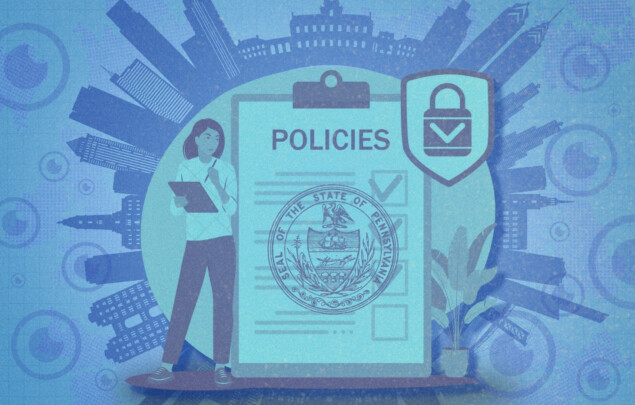A Guide To Pennsylvania’s Consumer Data Privacy Act (PCDPA)
A Guide To Pennsylvania's Consumer Data Privacy Act (PCDPA)

Create a tailored Privacy Policy, Terms & more in under 5 minutes.

The General Data Protection Regulation (GDPR) has significantly influenced how e-commerce stores manage customer data. As online shopping continues to rise, e-commerce businesses must navigate GDPR effectively. This article explores strategies for online stores to ensure GDPR compliance and maintain a smooth shopping experience for customers.
The General Data Protection Regulation (GDPR) is a robust data protection and privacy regulation enacted in the European Union in 2018. Designed to empower individuals with control over their personal data, GDPR also seeks to simplify the regulatory environment for international businesses.
E-commerce platforms manage extensive amounts of personal data, encompassing names, addresses, and payment information. GDPR compliance is not merely a legal prerequisite but a pivotal means to cultivate trust with customers and avoid substantial fines.
GDPR compliance is a continual process. Stay abreast of updates and regulatory changes. Regularly review and update privacy policies and practices to align with the latest requirements, ensuring a proactive approach to compliance.
GDPR compliance goes beyond legality; it’s a chance for e-commerce businesses to build trust with customers. By adopting clear data practices, emphasizing security, and respecting customer rights, online stores can establish a secure and positive shopping environment. Staying informed about GDPR updates helps businesses adapt to regulatory changes, maintaining a delicate balance between compliance and a seamless customer experience.
If you would like a tailored eCommerce Privacy Policy that suits your website’s needs, GetTerms is here to help. Sign up and start in just 5 minutes.